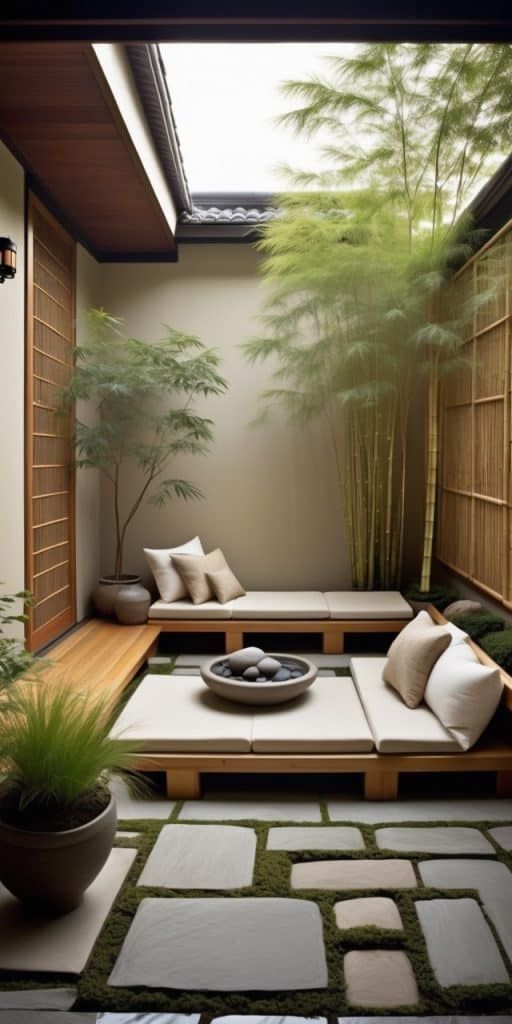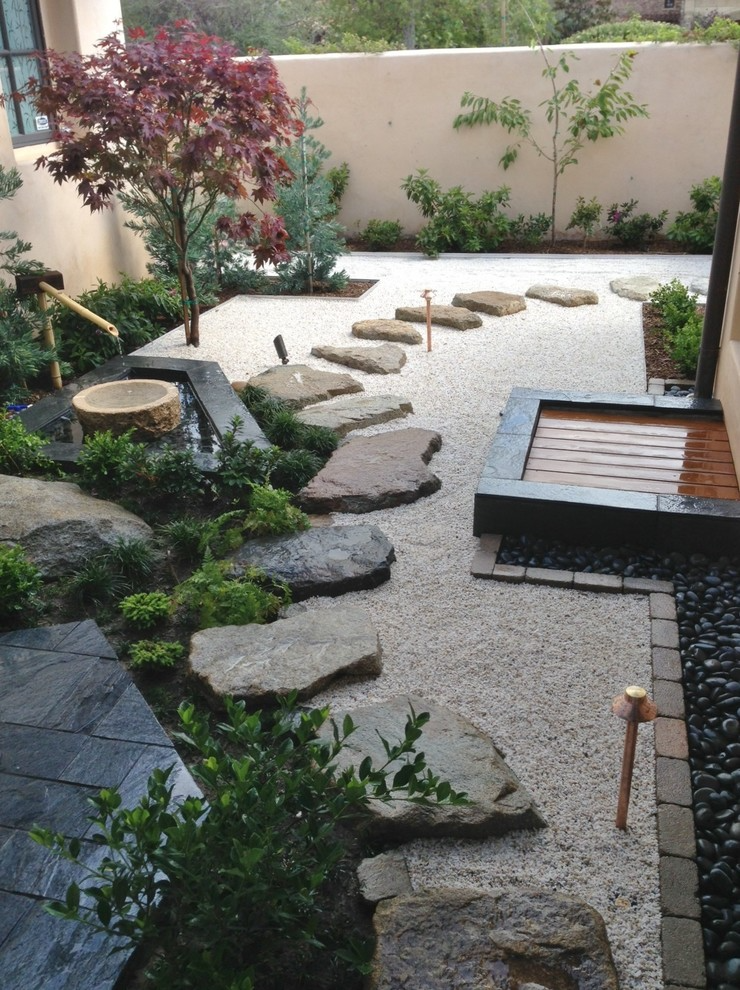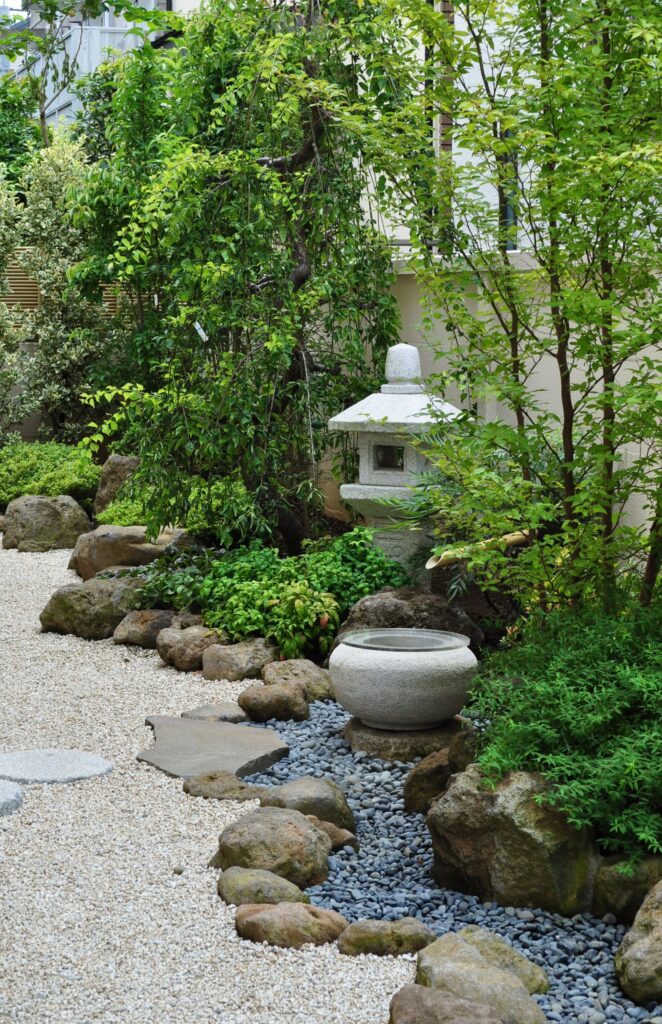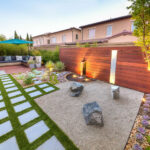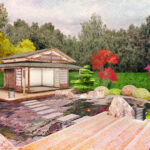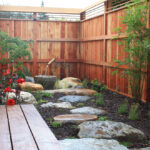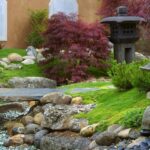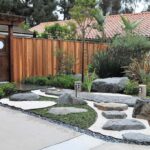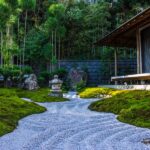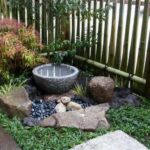Zen garden design is a practice that has been incorporated into Japanese culture for centuries. These tranquil and beautiful gardens are designed to promote relaxation and meditation through their simple and harmonious layout. The design principles of a zen garden are based on natural elements, such as rocks, sand, and gravel, combined with carefully chosen plants and water features.
One key element of zen garden design is the use of rocks to create a sense of balance and serenity. Rocks are strategically placed in patterns to represent mountains, islands, or other natural formations. The way in which the rocks are arranged is meant to evoke a feeling of harmony and peace, encouraging mindfulness and meditation. The careful placement of rocks also helps to create a sense of depth and perspective in the garden.
Another essential aspect of zen garden design is the use of sand or gravel to represent water. Raked patterns in the sand or gravel mimic the flow of water, creating a soothing and meditative effect. The act of raking the sand is also used as a form of meditation, as it requires focus and concentration. The patterns created in the sand are meant to be impermanent, symbolizing the transient nature of life.
Plants are strategically selected and placed in a zen garden to enhance the overall design and atmosphere. In traditional zen gardens, plants are kept to a minimum and are often carefully pruned to maintain a sense of simplicity and order. Bamboo, pine trees, and moss are commonly used in zen gardens, as they are considered to be symbolic of strength, resilience, and longevity. The plants are chosen for their natural beauty and ability to thrive in a zen garden setting.
Water features, such as small ponds or streams, are often incorporated into zen garden designs to add to the overall sense of tranquility and harmony. The sound of running water is a calming and meditative element that enhances the zen experience. Water features also serve to create a sense of balance and unity within the garden, tying together the various elements of rocks, sand, gravel, and plants.
Overall, zen garden design is a practice that is deeply rooted in the principles of harmony, simplicity, and mindfulness. By incorporating natural elements such as rocks, sand, gravel, plants, and water features, zen gardens create a tranquil and meditative space that promotes relaxation and inner peace. Whether used for contemplation, meditation, or simply as a place of refuge from the chaos of daily life, a well-designed zen garden can bring a sense of calm and serenity to any outdoor space.
 yishifashion Where Outdoor Dreams Become Reality
yishifashion Where Outdoor Dreams Become Reality
